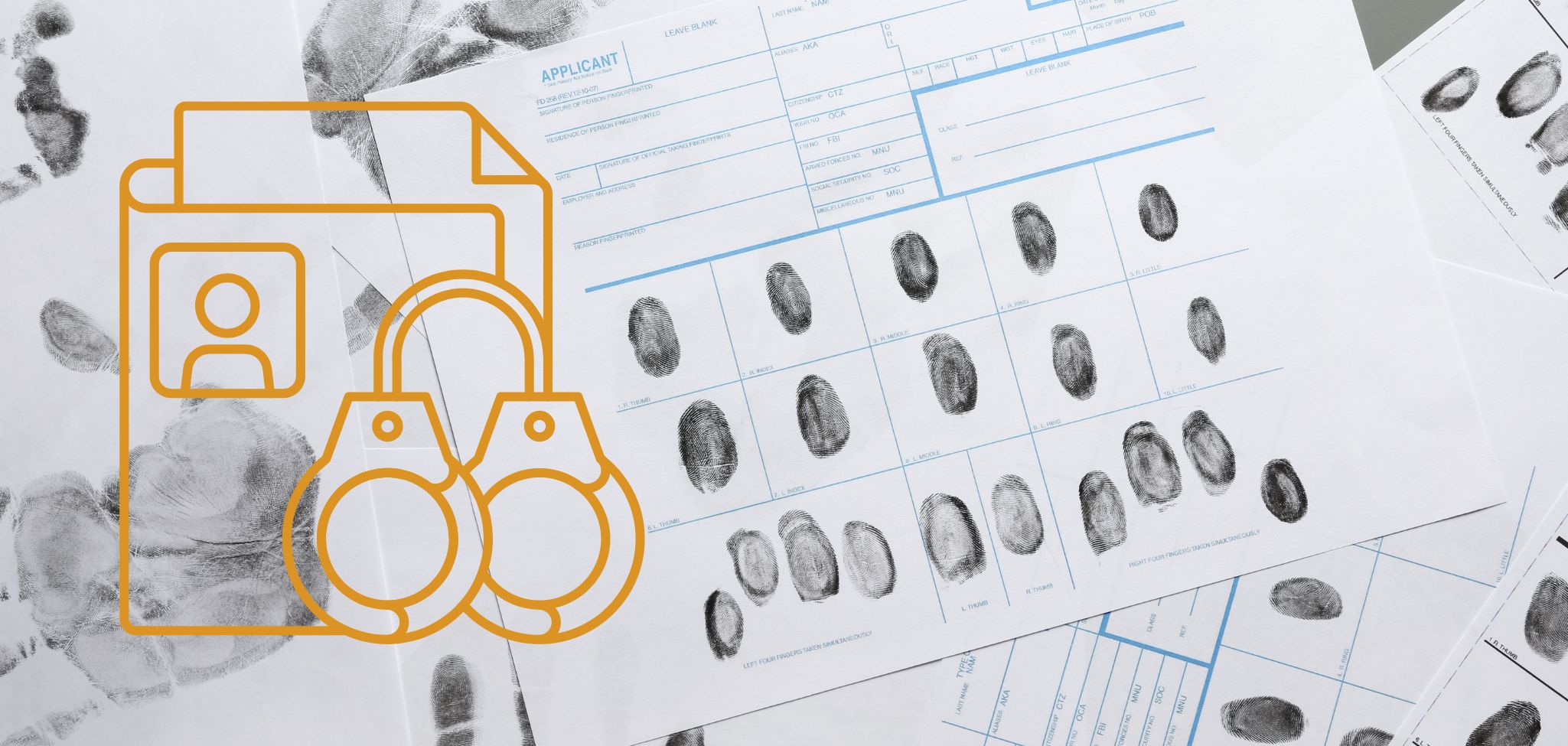Many people in Australia use social media like Facebook, Instagram, Snapchat, and Twitter every day. They share photos, videos, and messages to stay in touch with friends and family and get on with daily life.
However, social media has also changed how our criminal laws work in unexpected ways. Some criminals use social apps to plan or brag about crimes. Police and prosecutors can find posts or messages about illegal activities when investigating. In court cases now, evidence from social profiles is brought up more often. Lawmakers are making new rules too for cybercrimes that happen online.
In general, the popularity of social media is reshaping how police look for clues, what kinds of evidence can be shown in trials, and how the law deals with crimes that involve technology. As social networking becomes an even bigger part of our lives, how it connects to criminal law in Australia is increasingly important.
Understanding this connection between social media platforms and our criminal justice system has never been so important as well! This article will help you better understand social media’s role in Australia’s criminal justice system.
Social Media Platforms and Social Media Accounts as Evidence
Social media platforms have become virtual diaries for many individuals, providing a unique window into their daily lives and, in some instances, their illicit activities. The notion that “your life is an open book” has taken on new meaning as individuals share various aspects of their personal and social lives online. In criminal trials and criminal proceedings, this openness can be a double-edged sword for those engaging in crime.
Documentation of Criminal Acts:
Perpetrators of illegal activities may not realise that they are documenting their actions on social media. This can include posts, photos, or videos that showcase illegal conduct such as drug trafficking, property theft, assault, or even more serious offences.
In some cases, individuals may openly boast about their involvement in criminal enterprises, showcasing contraband, weapons, or stolen goods, all of which can serve as evidence against them in court. Remember that the involved internet access that we have every day means that criminal behaviour and criminal activity can be easily discovered if it is posted online!
Connections to Criminal Behavior:
Besides directly posting about a person’s criminal acts, social media can illuminate connections between individuals and criminal behaviour. Law enforcement agencies may be able to look at the relationships and associations that someone posts on social media profiles. These may help identify suspects and identify more people who are involved with criminal behaviour. This can be crucial in cases involving organized crime, where understanding the web of connections is vital for building a comprehensive legal case and ensuring criminal justice.
Threats and Admissions of Guilt:
People sometimes take to social media when they are angry or frustrated. As a result, Social media platforms are sometimes used as outlets for individuals to make threats or admissions of guilt. Threats against individuals or groups can be captured in posts or messages, providing clear evidence of intent which can form a big part of criminal cases and police investigations.
Similarly, admissions of guilt or involvement in criminal activities may be posted impulsively or as part of a misguided attempt to boast, creating a digital trail that prosecutors can use to establish culpability.
Real-Time Evidence:
The real-time nature of social media allows law enforcement to gather evidence almost as quickly as events unfold. In situations where criminal activities are ongoing or have just occurred, posts or messages on social media can serve as contemporaneous evidence. This real-time aspect can be particularly valuable in situations where prompt action is required, such as preventing the escalation of violence or apprehending suspects in the act.
In a nutshell...
Speak to a lawyer today
Here at Jameson Law, we understand that the criminal justice system's interaction with social media can be extremely confusing. For any legal advice regarding a criminal case or any other legal problem, contact Jameson Law today. With some of the best criminal lawyers in the state, we are your trusted partner in navigating Australia's intricate internet-related criminal laws. Our seasoned team of professionals is dedicated to safeguarding your rights and ensuring that you get the fair trial that you deserve!
You can count on us to unravel the social media law's complexity. Secure your digital future and give yourself the fair trial you deserve! Your peace of mind is our priority - remember, we are in it to win it!
Challenges in Authentication:
Using social media in criminal law poses several challenges. While it can help gather evidence, there are concerns to consider. One challenge is verifying the authenticity of social media content. With the rise of fake news and AI-generated content, It can be hard to prove if something is real or if it has been changed. Another issue is privacy. Accessing private social media accounts raises questions about personal rights and boundaries.
Additionally, false information can spread quickly on social media, making it difficult to separate fact from fiction. This can lead to problems in investigations and court cases. Lastly, online harassment is a concern. People may use social media to bully or threaten others, causing harm. These challenges highlight the need to carefully navigate the use of social media in criminal law, ensuring fairness and justice are upheld while respecting privacy and addressing the impact of misinformation and online abuse.
Juror Internet Misconduct in the Criminal Justice System
It can be a big challenge when jurors use social media improperly during criminal trials. Juror misconduct may happen when jurors go on social media platforms and find information or opinions that could affect their judgment. If this happens, it can make the trial unfair and affect the work of those who have conducted the criminal investigations.
This happened in a Queensland murder trial in 2014. In this case, proceedings were halted when a juror conducted research on the accused and the purported victim using Facebook. The judge brought the issue to the attention of the attorney general, who had the option to pursue legal action against the juror. A conviction could have resulted in a maximum two-year jail term.
Similarly, in 2016, this Supreme Court judgement showed that two jurors in a criminal trial were dismissed for seeking online information about the accused. Subsequently, these jurors faced contempt of court charges and were each fined $3,000 for their actions.
Even if rules are set to stop jurors from using social media, it can still be hard to prevent. It’s important to address this issue to make sure trials are fair and the justice system works properly.
Case Study
Digital detectives, examining social media profiles associated with the stolen identities, discovered that one of the perpetrators had inadvertently shared photos of the expensive handbags that they had sold, which linked directly to the financial crimes they had committed. Moreover, real-time tracking of the suspect's social media accounts allowed law enforcement to intercept messages detailing plans for further fraud, enabling proactive intervention.
Public engagement on social media proved instrumental. A targeted awareness campaign encouraged victims to come forward and share their experiences, leading to a flood of tips and witness statements. One victim identified a fake social media account created in their name, providing critical evidence for the case.
Despite challenges related to the authentication of digital evidence, the collaborative efforts fueled by social media led to the successful prosecution of key members of the cybercrime syndicate. This case underscores the tangible impact of leveraging social media as a strategic tool in modern criminal investigations, providing real-time insights and fostering community involvement in the pursuit of justice.
Can social media posts be used as evidence of a crime?
Yes, social media posts can be used as evidence of a crime. They can provide important information about a person’s actions, thoughts, or connections. Courts recognize that social media content can be relevant and reliable evidence, such as text, photos, or videos. However, it’s important to make sure that the posts are authentic and trustworthy before they can be used in court.
What is the role of social media in crime?
Social media plays a significant role in crime in several ways. It can be used by criminals for planning and coordinating illegal activities, spreading misinformation, or engaging in cybercrime. Additionally, social media posts can serve as a source of evidence for law enforcement, providing information about suspects, their connections, or even confessions.
However, social media can also contribute to the facilitation of hate speech, cyberbullying, or other forms of online harassment, which can have legal consequences.

 (02) 8806 0866
(02) 8806 0866





